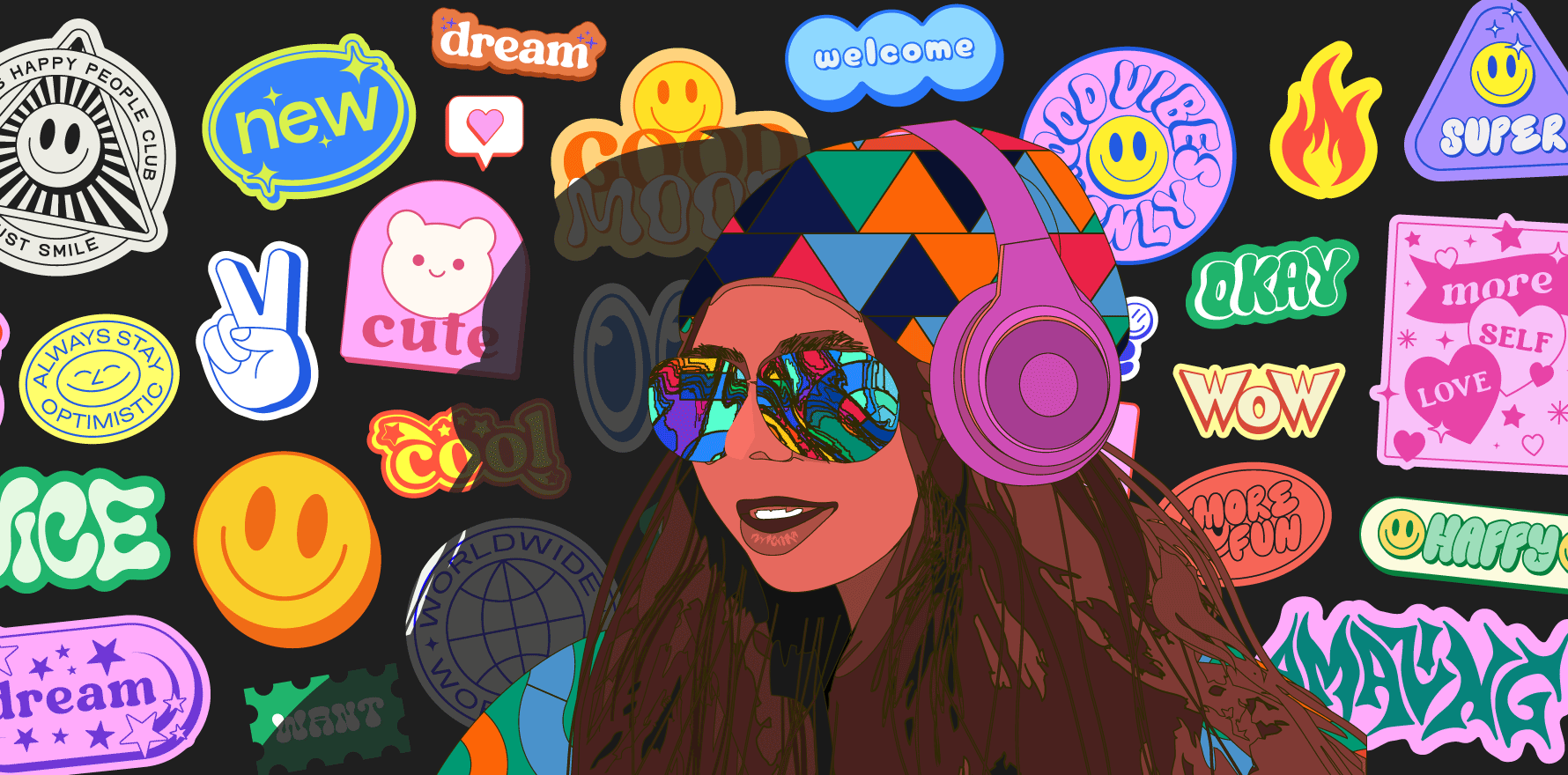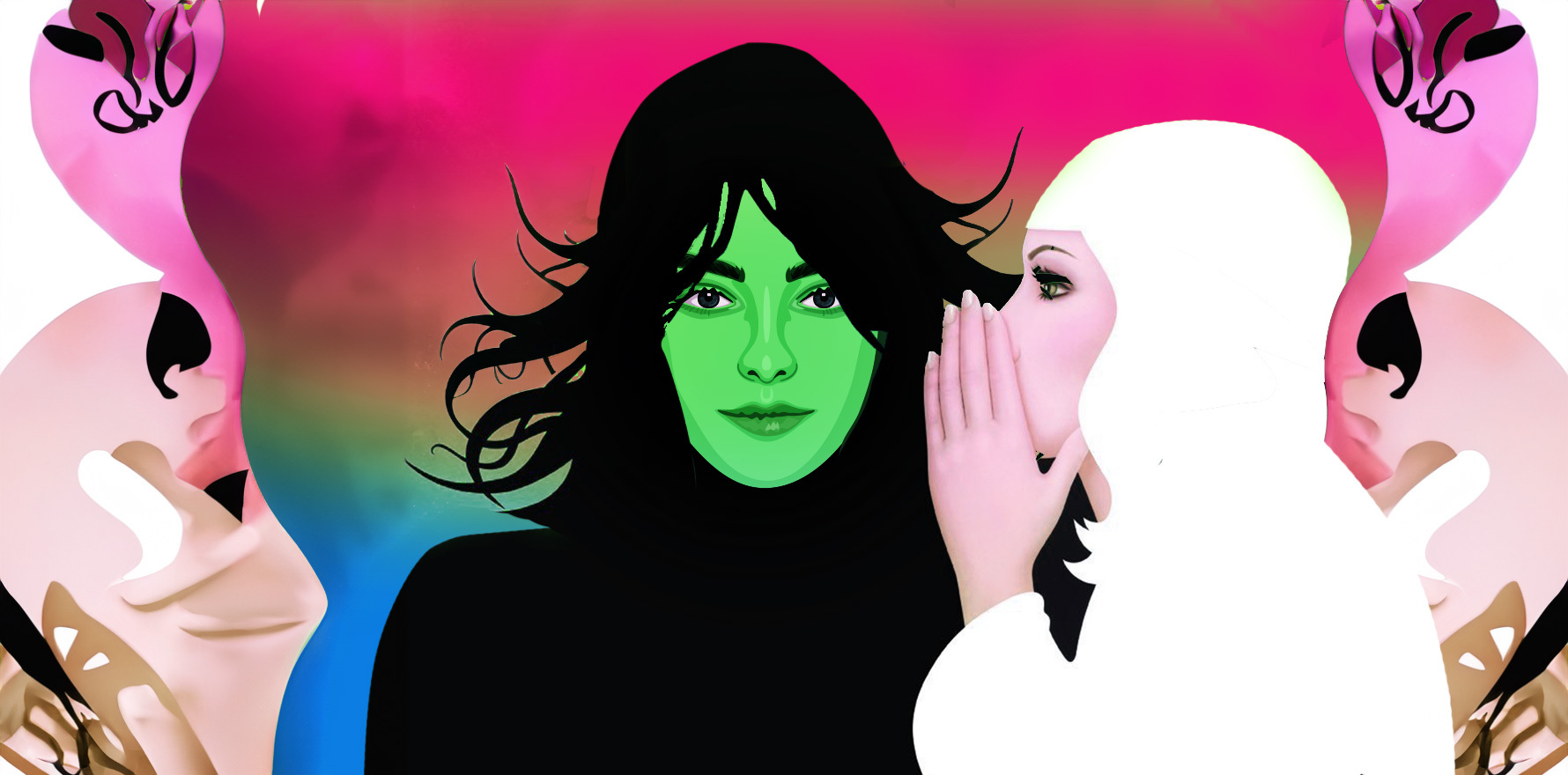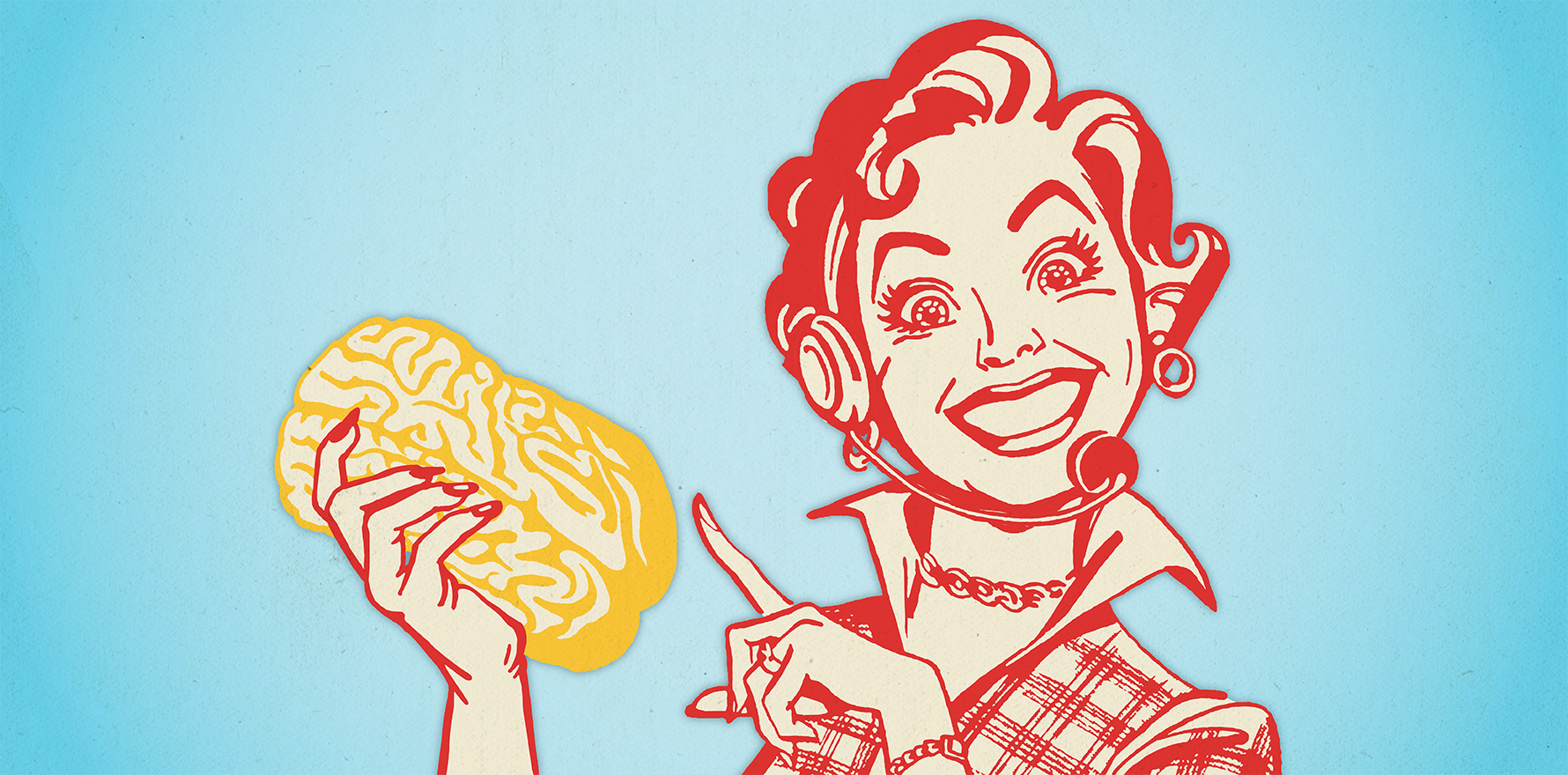They’re awkward, sullen, walking reminders of our most tumultuous days, and that’s a blessing.
“You girls keep me young. Oh, I love you so much” – Mrs George, Mean Girls (2004).
The last patient in a long and exhausting clinic slammed their way out of my clinic room in a tirade of teenage angst and sobbing parents, after an hour of an unplanned family therapy session against the thesis of my acuity-driven paediatric training.
A wild tempest of a young person communicating their need for care and validation from their nominated grown-up in glorious maladaption, and parents buried under myriad of modern life’s uncertainties. Unmet needs for all, neither generation knowing they have the same fears about the state of the world.
This paediatrician slightly dissociating circa the third “you’ve always hated me”, wondering if we would ever meet as a society or even in the microcosm of this one family, or was the triumph of Glenn Cocco’s popularity the last time we ever agreed on anything?
The consult ends abruptly in a flurry of icy snaps and crashing thunder, and as always I am left with more discomfiting questions than solutions.
As we trip headlong through what feels like a rapidly deteriorating cultural divide, I propose a question: Is there a way to face the ever-changing landscape of our current time, with all its nightmares and dreams, without first reconciling our inner angsty teen who already knew it all even way back when?
Teens go through the most violent of changes, navigating a complex world that we, the supposed adults, are barely clinging to.
As a paediatrician meant to be steering the wheel for young people in my clinics, I spend an inordinate amount of time wondering if this girl even goes here. The ground is at baseline an acid-fuelled moving mass of contradictions in the teenage years.
How then, in our brave new world of constant information barrage and wildly careening content producers, where even us adults in our boundless wisdom struggle to support each other wholly, do we keep our famously bilious L-platers from going off course?
Working in general paediatrics in the ever-quaking landscape of TikTok and being described as “cringe” on the regular, I live in constant awareness of the pressure on adolescents to change and assimilate.
As I sometimes remind the young people in my clinic, they didn’t exactly invent teenage angst. Sadly, my pointing this out has about a 50% chance of getting the reply “no cap”, a 50% chance of my needing to Google what “no cap” means, and a 100% risk of immediately feeling my age.
All while discovering live that the limits of adolescent withering commentary and side-eye truly does not exist.
So, what is the panacea for navigating these worst of times?
Young people have seen a surge in behavioural difficulties, school refusal, cyberbullying, and increasing mental health challenges. Is the cure for modern adolescent problems a top-to-toe Cher plaid look, wearing pink on Wednesdays, being valedictorian, accomplishing the daringest of dares and falling off the Barry homestead gable, or having wicked dreams of leaving Tennessee? Has any era ever done it perfectly with no indelible mark left on the collective psyche?
In this extremely fast-paced world of falling and rising public popularity, is the constant running to catch one’s moment in the social media sun enough to scaffold one through the painful process of individuation?
In my years so far working with children and young people, I have not noticed a great difference in suffering between the classically popular and unpopular. Power and acceptance are still the prizes, with those who hold them desperately trying to keep them, those without hungering for them, and everyone seemingly oblivious to the fact that nobody wins until a blood sacrifice of The Plastics to the proverbial schoolbus is complete.
None of the schoolyard grappling or success in making fetch happen (it’s never going to happen) will matter once you’re spat out into the real world.
This is a simple deduction once the sting from one’s painful experiences have subsided and years have passed. Now, we can all sagely sigh and nod at the young person sitting across from us, suffering the worst day of their life (so far).
But back in the bloom of our youths, didn’t we also wish we were someone else, as we wept snot into graphic Ts and low-rise pants, bemoaning the end of days as someone or other was offline on MSN.
From personal reflection, working with adolescents is always painful for me, not just because of their rightly famous sullenness, but mostly because even after all these years, I still don’t feel secure enough to look at my teenaged self and think “A+ work there, no notes”.
I cringe at the memory of teenage York in his unironic skater shorts and self-loathing, the internalised violent homophobia that is still hard to shake today; the urge to selectively erase parts of himself as instructed by the strict Malaysian society he’d grown up in; the current quieter urges to still erase the parts of him who buckled under pressure and chose flight instead of fight – because I’m so evolved a Pink Pony Club member now that he is no longer relevant.
It’s common in paediatric training to gravitate towards the innocent unblemished canvases of babies and avoid teens at all cost.
But paradoxically, through sitting in the awkward mental space of teens, the patients I always chose to run from have been responsible for my greatest growth in skill and self.
Marinating in one’s uncomfortable past and perceived failures also forces introspection on the flickers of strength and lessons learned along the way. With this came the wonderful realisation that my shitty, sullen, Final Fantasy X-obsessed younger self, with all his buried rage and nail-biting changeroom anxieties, did learn to survive and succeed and deserves accolades rather than scorn.
Let the tropical 90s heap that on his dread-leaden shoulders – I’ll choose to celebrate and embrace him in pride and gratitude today.
Related
In honour of the lessons adolescents have taught me, I have elected to evolve from chiding them that they didn’t invent teenage angst. I’ll try to listen intently for clues to their true past selves during the HEADSS screens, and remind them that those parts, and the people they bring with them, will serve as anchor in the current turbulence.
Everything else – the Tamagochis, lobbing water-filled condoms on biology teachers’ heads, hiding in filing cabinets – will be a mixture of funny and reflective anecdotes one day.
And in the furore of tempestuous change, the simple fact remains that relating to each other as we go through periods of transition requires an understanding that change does not mean an erasure of all that was before. I’ll endeavour to remember that identity is a constant flux between that which we carried from our experiences before and what we’re made to learn as we suffer through various growing pains.
Maybe the process of growing up, even as adults trying to understand our adolescents, is not so much about giving the young solutions, but to sit uncomfortably in the questions that we can barely comprehend in their rapidly changing world.
Let us all choose to live sans caps, whatever that might mean.
Dr York Xiong Leong is a general paediatrician in Eastern Health, Melbourne, working in public inpatient and community paediatric services, and a medical educator with Monash and Deakin universities. One of the best compliments he has ever received is “Babe you barely live on this planet”.





